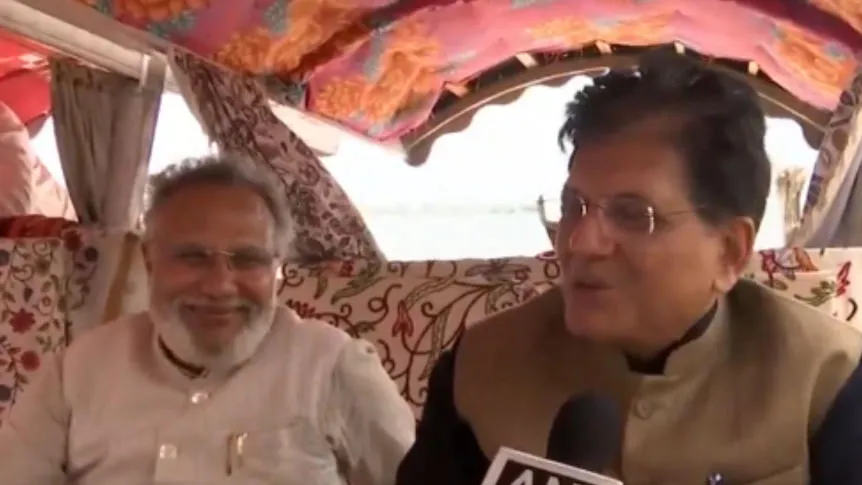AAP’s foray into the race further complicates the already fractured opposition landscape.
NEW DELHI: The Mahagathbandhan, the state-level version of the I.N.D.I.A bloc in Bihar, has suffered yet another jolt, with the Aam Aadmi Party (AAP) signalling its intent to contest the upcoming Bihar Assembly elections independently.
This follows a similar setback caused by the exit of the Jharkhand Mukti Morcha (JMM) from the I.N.D.I.A bloc, further exposing fault lines within the opposition coalition. Political experts point out that while the AAP currently lacks a strong voter base in Bihar, its decision to enter the electoral battlefield alone could cause more harm to the Mahagathbandhan than to the NDA.
Analysts suggest that by contesting independently, AAP may end up splitting the anti-NDA vote, indirectly aiding the BJP-JDU alliance’s prospects. Notably, the Bihar Assembly elections, scheduled for October–November 2025, are poised to be a high-stakes and pivotal contest between the ruling NDA and the Mahagathbandhan.
As the BJP-JDU coalition appears to be consolidating its base and gaining momentum, the opposition alliance is increasingly struggling with internal discord and growing challenges posed by rising political players such as AAP, Jan Suraaj, and AIMIM. These dynamics are transforming the electoral scene into a far more competitive and consequential one for both Bihar and the national political narrative.
AAP’s foray into the race further complicates the already fractured opposition landscape in the state. Prashant Kishor’s Jan Suraaj Party has already announced its participation, which may undermine the traditional caste- and community-based vote banks of established parties.
Similarly, the All India Majlis-e-Ittehadul-Muslimeen (AIMIM), led by Asaduddin Owaisi, has declared it will contest more seats than it did in 2020—when it secured five Assembly seats for the first time—raising the stakes even higher. AAP’s move to contest the Bihar elections solo has surprised many, given its past failures in the state and history of backing out after initial announcements.
Unlike in previous years, the party now seems firm on contesting, hoping to leverage its Delhi governance record and reconnect with the Purvanchali migrant voters who once backed Kejriwal but have since drifted away. According to political analyst Aditya Rathi, AAP’s entry has undoubtedly added a new dimension to the electoral atmosphere.
However, he cautioned that Bihar’s deeply rooted caste equations and regional loyalties pose significant obstacles for any new entrant. “AAP is clearly trying to win over migrant voters from Bihar who are familiar with its performance in Delhi. But the political landscape in Bihar is far more nuanced and complex,” Rathi noted. He warned that the increasing number of political participants could turn the 2025 elections into a multi-cornered contest, which may ultimately favour the BJP by diffusing the opposition vote. “New formations could still emerge ahead of the elections, but this fragmentation may weaken, rather than strengthen, the I.N.D.I.A bloc,” he concluded.
Earlier this week, AAP Rajya Sabha MP Sanjay Singh publicly confirmed the party’s intent to contest all 243 Assembly seats in Bihar. “AAP is fully prepared to contest strongly in the upcoming elections. While seat-sharing discussions are not off the table, any such decision will rest with our central leadership following consultations with the Bihar unit,” Singh said—indicating that while the door to coordination remains slightly ajar, the party is largely committed to its solo strategy





















